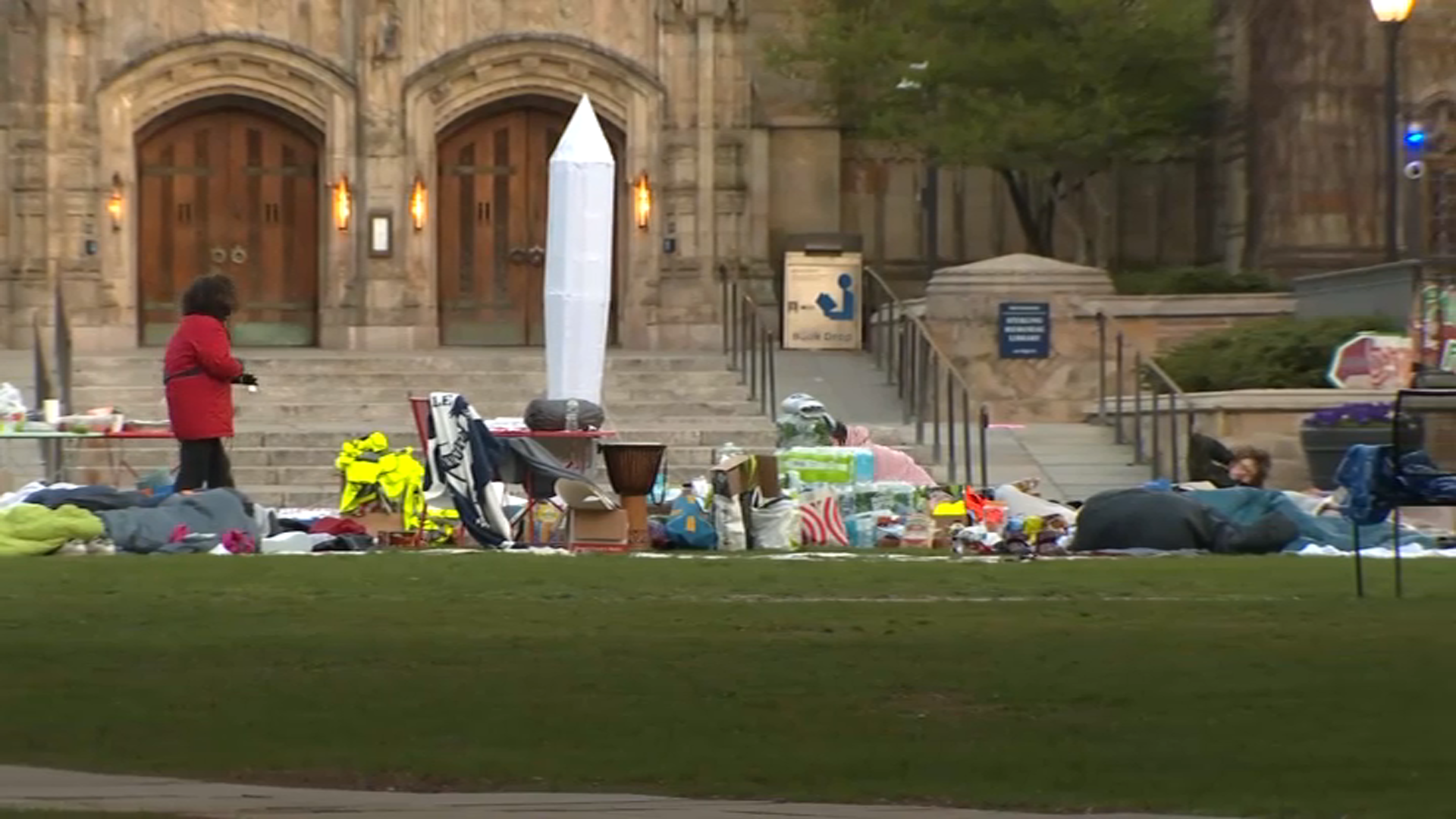A second expelled Wesleyan University student, who was one of five arrested in connection with a slew of party drug overdoses earlier this year, has pleaded guilty to federal charges.
After his former fellow student Zachary Kramer, of Bethesda, Maryland pleaded guilty to federal charges on Nov. 12, former Wesleyan student Eric Lonergan, 23, originally from Rio de Janeiro, Brazil, also pleaded guilty in federal court in New Haven on Monday.
Lonergan and Kramer are accused of distributing the controlled substances that caused the overdoses.
Police launched an investigation in February after 11 people, including 10 Wesleyan students, were hospitalized after taking what they thought was the euphoria-inducing stimulant MDMA, or "Molly," authorities said. One of the affected students went into cardiac arrest and almost died, having to be revived when his heart stopped beating, according to police.
Soon after the students sought medical attention, Middletown police suspected they might have ingested a bad batch of Molly and began investigating the drug's origins.
After the February overdoses, one student presented Middletown police with a capsule she had bought from Lonergan in September. Test results showed it did not contain "Molly" and instead contained "Spice" or "K2," a brand of synthetic marijuana, according to the U.S. Attorney’s office.
In November 2013, Lonergan started buying Molly and selling it to students from his dorm for around $200 per gram between 5 and 9 p.m. most evenings, and counseling students on how to use it, according to the U.S. Attorney's office. He even handed out pamplets to inform students how to use psychedelic drugs in response to a campus-wide notification from administrators in 2014" warning of the dangers of ingesting controlled substances like Molly," according to the U.S. Attorney's Office.
In September 2014, Lonergan provided a bulk amount of what he called MDMA to students planning a "rolling" party at Wesleyan, a gathering where guests ingest Molly, according the U.S. Attorney's Office. Several students got sick at the party and some grew seriously ill after taking the drugs he provided, prosecutors said. Two students were hospitalized. After the overdoses, Loergan emailed several students to assure them that he did give them MDMA.
One of the students who got ill saved one of the capsules and turned it over to Middletown police in February 2015.
“This defendant trafficked in a drug that caused multiple overdoses and nearly took the life of one Wesleyan student, U.S. Attorney Deirdre M. Daly said in a statement. “As evidenced by this investigation and prosecution, Molly and other synthetic drugs are clearly not innocuous party drugs. Students who use synthetic drugs can never be certain what they are ingesting. Wesleyan students who bought these drugs from this dorm-room chemist literally risked their lives by relying on his purported expertise. We thank the DEA, the Middlesex State’s Attorney’s Office and the Middletown Police Department for their collaboration and diligent work in this investigation.”
Kramer is accused of beginning to buy Molly from Lonergan and selling it to students at Wesleyan in 2014.
Then he took over for Lonergan and became the drug's primary supplier in 2015, distributing what he claimed to be "Molly" and sold it to friends to sell, according to Daly.
Witnesses told police they thought Kramer has bought the recent batch in Washington, D.C., and brought the drugs to campus. Police found several drugs in Kramer's dorm room, according to the warrant.
While Kramer and some of his distributers destroyed the drug he was selling identified as Molly, one of them didn't and police seized it to be tested in a lab, according to Daly. The substance tested positive for having AB Fubinaca in it, she said.
Lonergan, a former neuroscience student expelled from Wesleyan, was one of five students arrested on state charges amid the investigation. The state has since suspended its cases against him and Kramer.
Lonergan was also arrested in April on charges of trespassing to attend a festival at Wesleyan despite being expelled.
Kramer and Lonergan were then charged federally with conspiring to distribute and possess with intent to distribute MDMA and AB Fubinaca. They are also charged with attempting to distribute MDMA and distributing AB Fubinaca, as well as distributing MDMA near a private college. They have both pleaded guilty.
Lonergan could face a maximum of 20 years in prison and a maximum fine of $1 million.
He is scheduled to be sentenced Feb. 25.
Kramer is scheduled to be sentenced on Feb. 11, 2016.
The Drug Enforcement Administration and Middletown police are investigating the case, with the help of the state's Forensic Science Laboratory.
The Middlesex State's Attorney's Office is prosecuting the state cases stemming from the Wesleyan overdoses.
Assistant U.S. Attorney Robert M. Spector and Senior Assistant State's Attorny Eugene Calistro are investigating the federal case.



